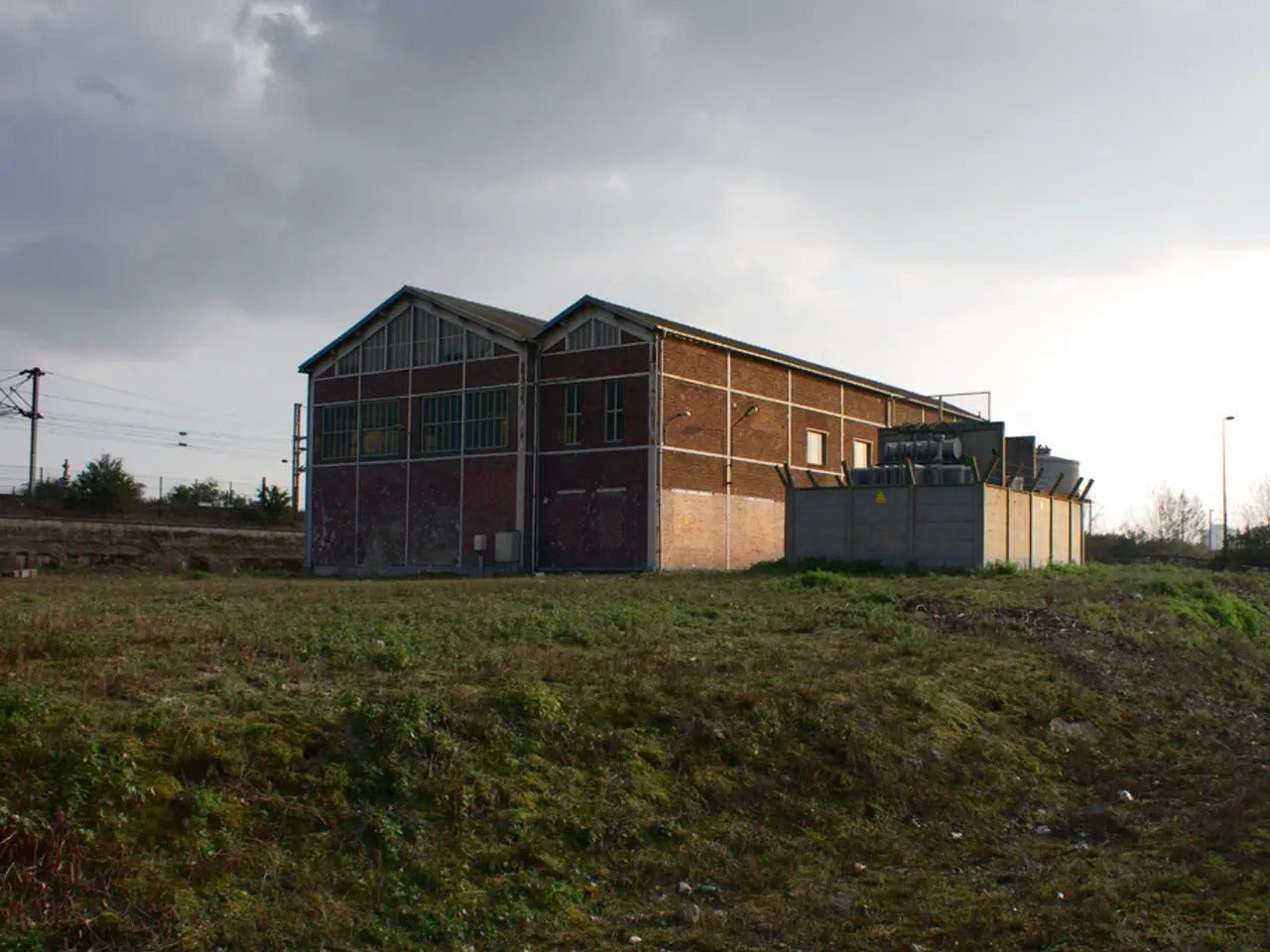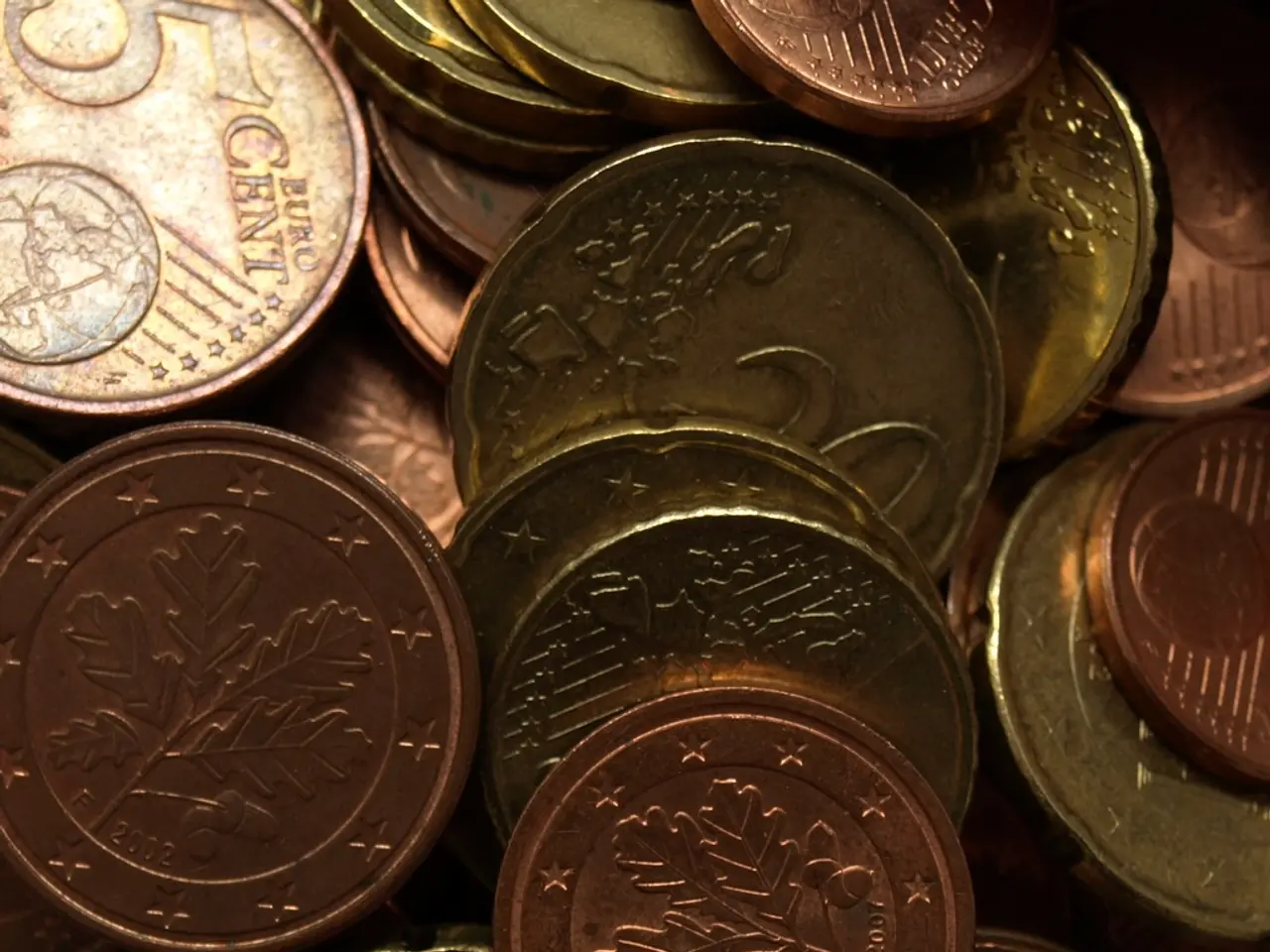Manuela Schwesig Champions Swift Action on Lowering Electricity Prices Ahead of Federal-State Meeting
Schwesig calls for immediate drop in electricity costs - Urges Swift Reduction in Electricity Prices for Immediate Mitigation
Get ready for the summit between state leaders and Federal Chancellor Friedrich Merz (CDU), as Mecklenburg-Vorpommern's Minister President, Manuela Schwesig, voices concerns over the financing of the multi-billion-euro economic aid packages. Schwesig insists that the economy requires immediate stimulation, and she's pleased the federal government has initiated the so-called growth booster. "The states' common ground is that this package shouldn't unfairly burden them and local municipalities," the SPD politician underscores. She expects progress on this matter during the upcoming conference.
The federal government's initial strategy involves enhancing tax depreciation options for businesses and gradually reducing the corporate tax rate. However, critics note that the revenue losses would unfairly impact municipalities.
In total, the law will result in the federal government, states, and municipalities losing nearly 50 billion euros in tax revenue. The federal government plans to cover a third, while the remaining two-thirds should be borne by the states and municipalities, according to Schwesig's remarks in the federal council in Berlin last week: "That's not a fair distribution."
Energy Supplies and Affordable Electricity Prices Matter
Schwesig highlights Germany's energy supply and the necessity of affordable electricity prices for households and industry. "We need an energy plan for Germany," she demands. The federal government should make clear calculations of the required energy quantities and offer insights on covering future demand with renewable energy sources. "Affordable renewable energy options are crucial," she emphasizes.
Overburdened citizens and the economy need relief from sky-high electricity prices. Initiatives by the federal government, such as reducing network charges, levies, and electricity tax, are stepping in the right direction but require swift implementation.
Proposal for Lower Energy Prices and High Supply Security
Schwesig announces a proposal from Mecklenburg-Vorpommern that aims to lower energy prices while maintaining high supply security. "The energy transition implementation must strike a balance between climate protection, supply security, and economic efficiency," it states. It supports the introduction of an industrial electricity price. Cutting energy costs is crucial to enhance Germany's international competitiveness.
The proposal prioritizes price reduction and supply security. By the next regular summit in early December, the federal government should present a reliable long-term strategy for the climate-neutral transformation of Germany's energy system, "focusing on the criteria of supply security and affordability." The phased-out elimination of fossil energy carriers like coal, gas, and oil is set as a medium to long-term goal.
- Manuela Schwesig
- Electricity Price
- Affordable Energy
- Mecklenburg-Vorpommern
- Federal Government
- Friedrich Merz
- CDU
- Germany
- German Policymakers
- Climate Neutral Transformation
- Climate Protection
- Supply Security
- Economic Efficiency
Enrichment Data: The search results do not provide detailed information on Manuela Schwesig's proposed strategy for reducing electricity prices in Germany or her approach to balancing climate protection, supply security, and economic efficiency. Based on current knowledge up to 2025, German policymakers generally focus on:
- Expanding renewable energy generation to reduce reliance on fossil fuels, supporting climate protection.
- Strengthening grid stability and storage solutions to ensure a reliable supply.
- Implementing regulatory reforms and subsidies to lower energy costs for consumers and support economic efficiency.
- Manuela Schwesig, the Minister President of Mecklenburg-Vorpommern, emphasizes the need for an affordable electricity price for households and industry in Germany as part of her proposal to lower energy costs while maintaining high supply security.
- In this proposal, Schwesig advocates for an industrial electricity price and a focus on economic efficiency, climate protection, and supply security in the implementation of the energy transition.
- Schwesig's proposal is addressed to the federal government, urging them to present a reliable long-term strategy for the climate-neutral transformation of Germany's energy system at the next regular summit, with a focus on affordability and supply security.




